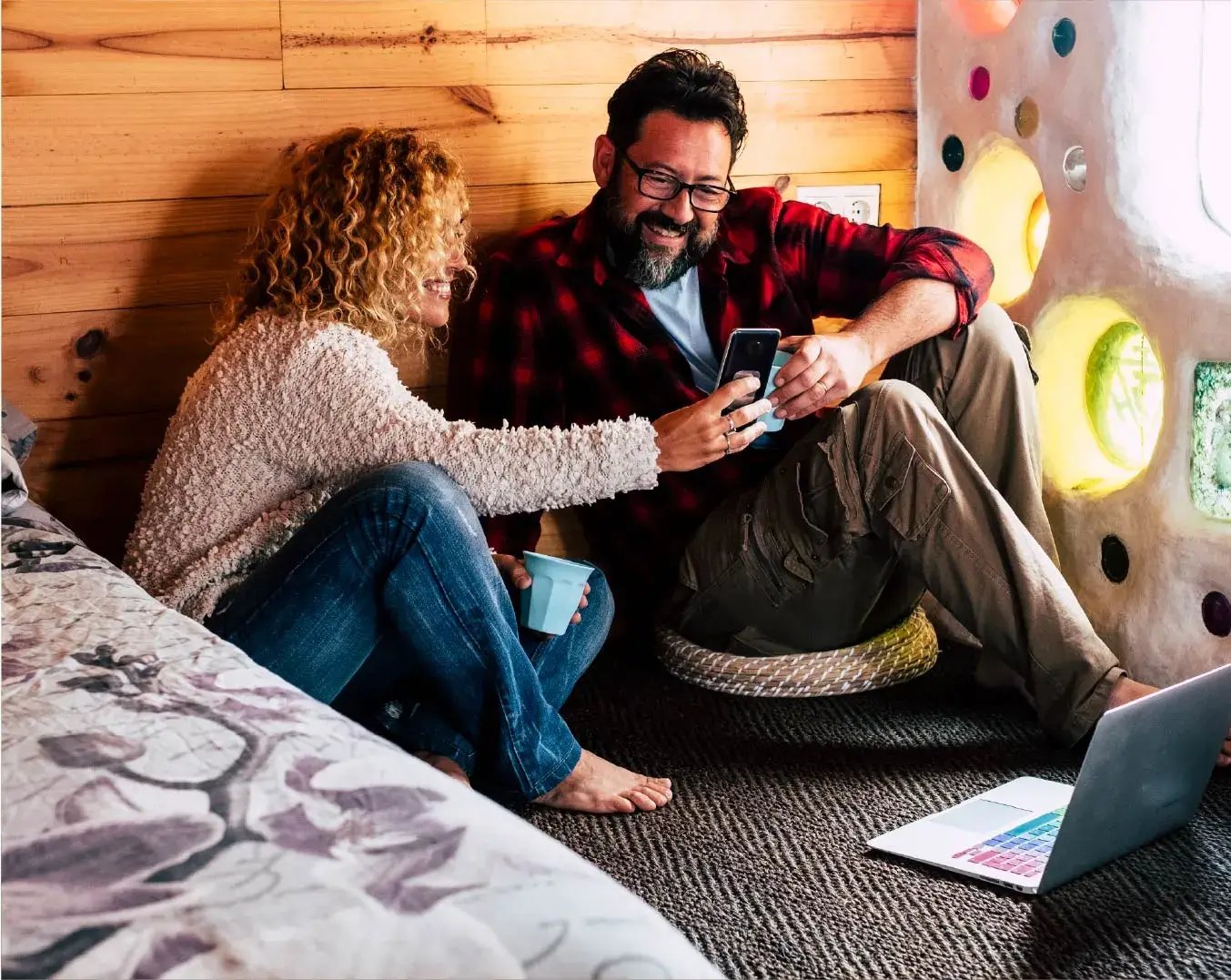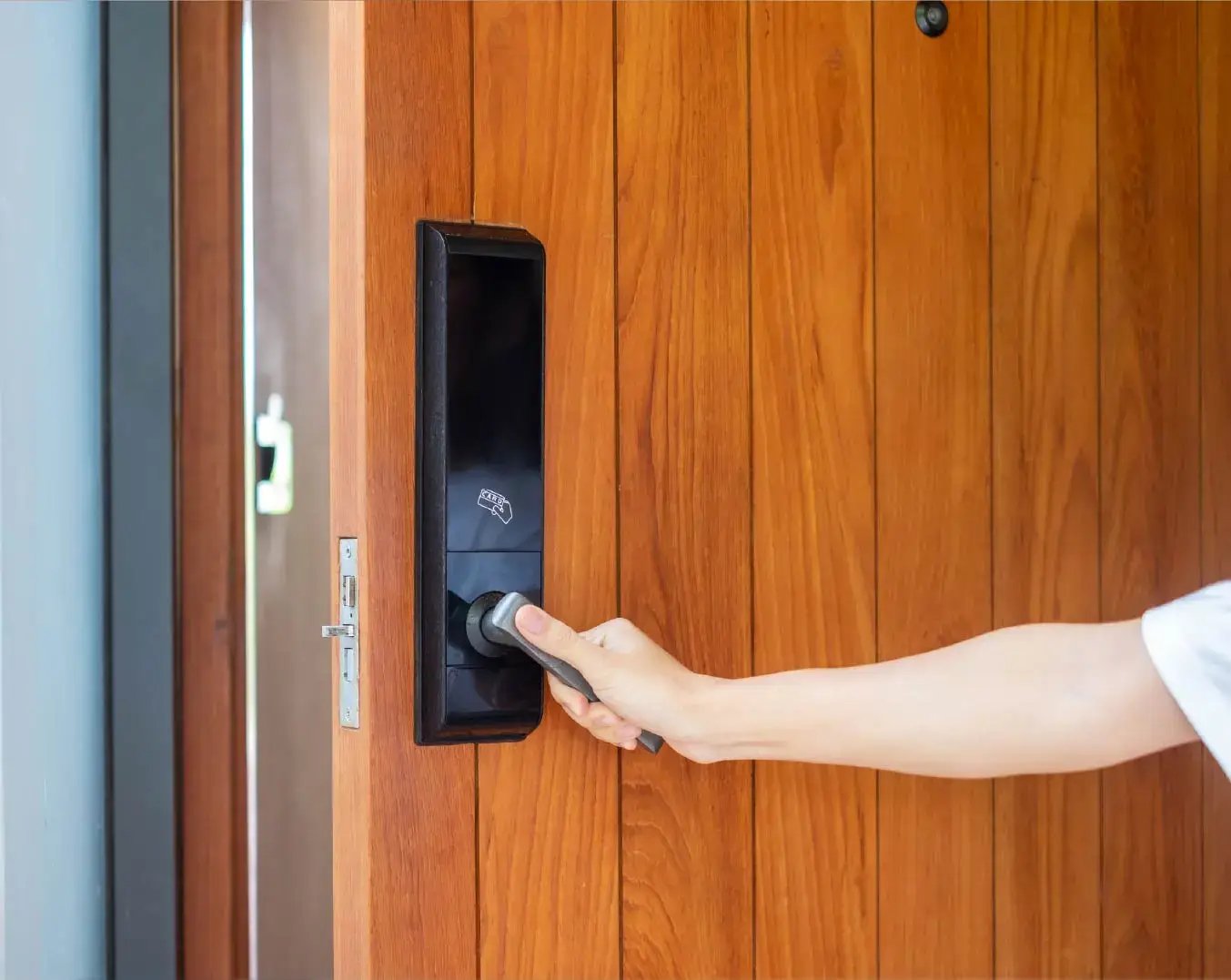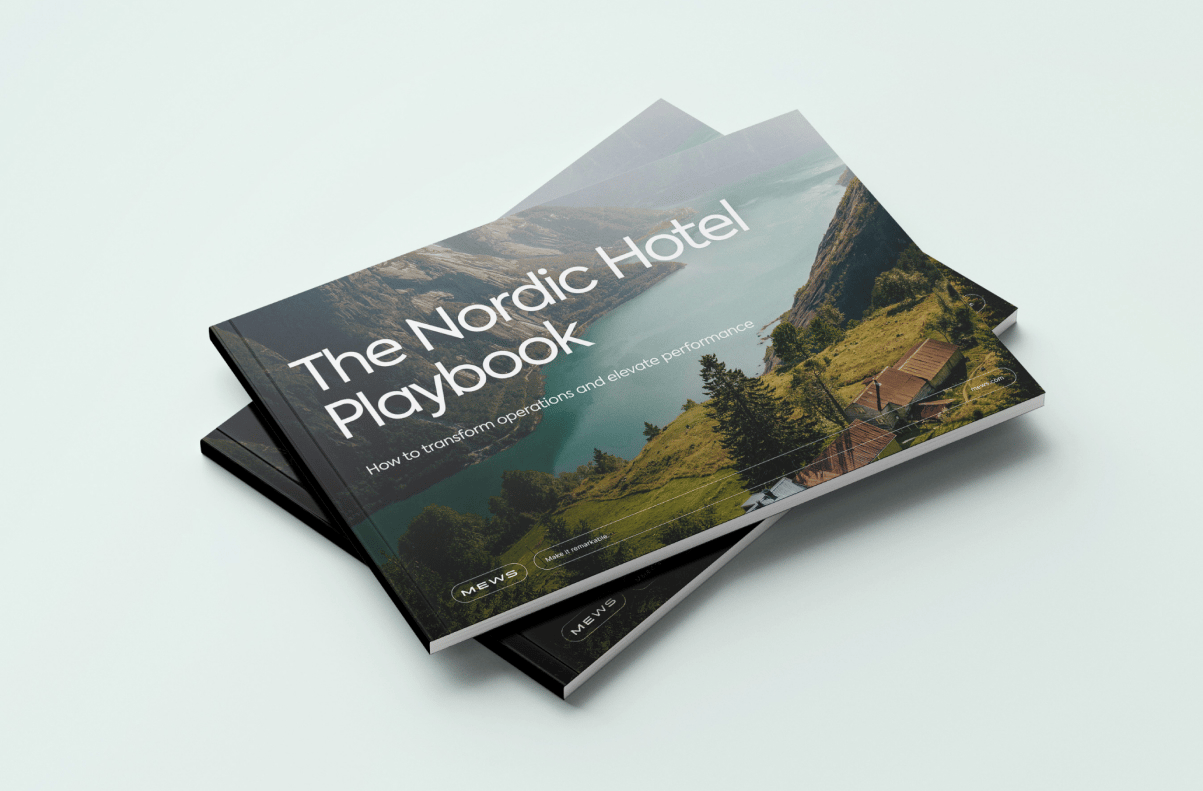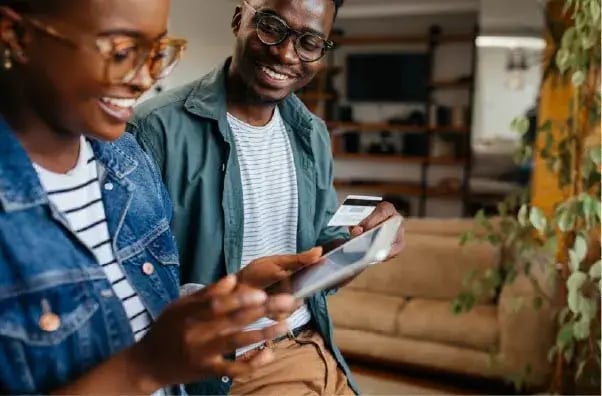Table of contents
Hotel security technology is something all hoteliers should be aware of. There are many ways to streamline hotel security systems – your goal is to offer the best protection to your guests. We’ll look at the latest technologies improving hotel security and how they can make a difference to the guest’s experience.
| Table of contents |
Technologies that are improving hotel security
Technology helps hotels to improve security in many ways. To learn more, check out the biggest technology trends in the hospitality industry.
 Keyless entry
Keyless entry
Keyless entry is one of the safest ways for hotels to improve security and ensure that unwanted people can't access the facilities. These systems are powered by electronic lock technology – guests access rooms via digital keys or through a mobile app. Keys can't be duplicated, allowing hotels to track access and remotely deactivate them if they get lost or stolen.
Cybersecurity
Hotel data breaches are one of the most potentially dangerous threats to your hotel’s reputation and the security of your guests. Hotels handle sensitive information like credit card data, passport numbers, addresses and full names, making data encryption and secure payment processing a requisite to protect guest data from cyberattacks.
With the advent of cloud-based property management systems like Mews, hotels no longer have physical copies of this data. Instead, data is continuously backed into the cloud and encrypted for safety. Hotels can also have information encrypted across multiple servers for added security.
Machine learning and AI
Machine learning and AI can help hoteliers analyze behavior patterns and recognize suspicious behaviors. These most commonly include attempts to use fraudulent cards or make fraudulent reservations. It could also be an unauthorized person trying to enter the hotel using biometric access.
Biometric authentication
Biometric authentication, such as facial recognition or fingerprints, is another type of technology that is helping to improve hotel security. It ensures access to secured areas only to authorized personnel and guests. As it's very safe, some properties use it to grant access to hotel rooms as well.
The IoT
Have you ever heard of the Internet of Things (IoT)? It's a network of smart devices that collect and send data to deliver personalized service. For instance, sensors can communicate with lighting to help detect whether a room is occupied, turning the lights on or off.
Radar sensors can detect if a guest is experiencing life-threatening conditions in the room, which is especially important for those traveling alone.
Surveillance cameras
It's a good idea to install high-quality surveillance cameras throughout the hotel's facilities, from parking lots and hallways to public areas. They deter potential criminals and can help identify the culprit in case of incidents. Newer models also support facial recognition, low-light vision and color recognition analysis.
As with most modern technology, surveillance cameras have become more compact, allowing for better strategic placement.
 Voice technology
Voice technology
If you need ideas for how to use voice technology, try in-room entertainment, control of security devices and voice-activated apps. It's a powerful tool for protecting guests who have a medical emergency, when it can be a life-saving ally.
RFID
RFID technology (radio-frequency identification) can track and manage inventory, preventing theft throughout the hotel, including the restaurant, bar, housekeeping and spa. Besides protecting you from losses, it helps identify anyone stealing from the hotel. By detecting suspicious people sooner rather than later, you're doing your best to protect your guests.
Mobile apps
Mobile apps have become indispensable for communication between hotel guests and staff. Any service request or a reported issue pops up as a notification on staff's smart devices and computers, ensuring a prompt reaction.
Virtual assistants
In the case of an emergency, a virtual assistant may not be the best bet. However, it's a fantastic choice for quickly responding to a service request or a problem. A virtual assistant can calm impatient guests by letting them know you're working on meeting their needs as soon as possible.
Integration with law enforcement
With proper security mechanisms, hotels can communicate with law enforcement quickly and easily. There are ways to integrate the security system with local law enforcement, helping to speed up response times. The faster your hotel can handle an emergency, the better it is for your reputation.
Conclusion
Technology is an essential aspect of modern hotel security, helping to keep guests, the property and everyone's data safe. You can create a safe environment by balancing security and privacy without infringing upon guests' rights. We covered the top trends to improve security like biometric authentication, sensors, keyless entry, machine learning and cloud-based systems.
Proper technology protects guests, whether by encrypting their information while booking a room or by keeping suspicious people from entering the facilities with the help of surveillance cameras. Be sure to take privacy and security seriously and do your best to create a safe environment.

Author
Eva Lacalle
Eva has over a decade of international experience in marketing, communication, events and digital marketing. When she's not at work, she's probably surfing, dancing, or exploring the world.
Hospitality hot takes straight to your inbox
Sign up to our monthly newsletter for industry insights, product news, partner updates and more.

The Nordic Hotel Playbook
Download now


.webp)